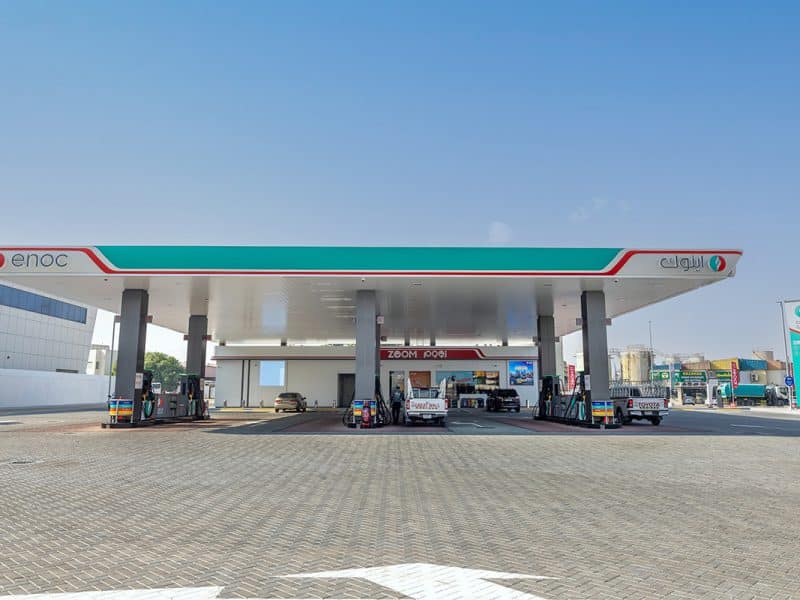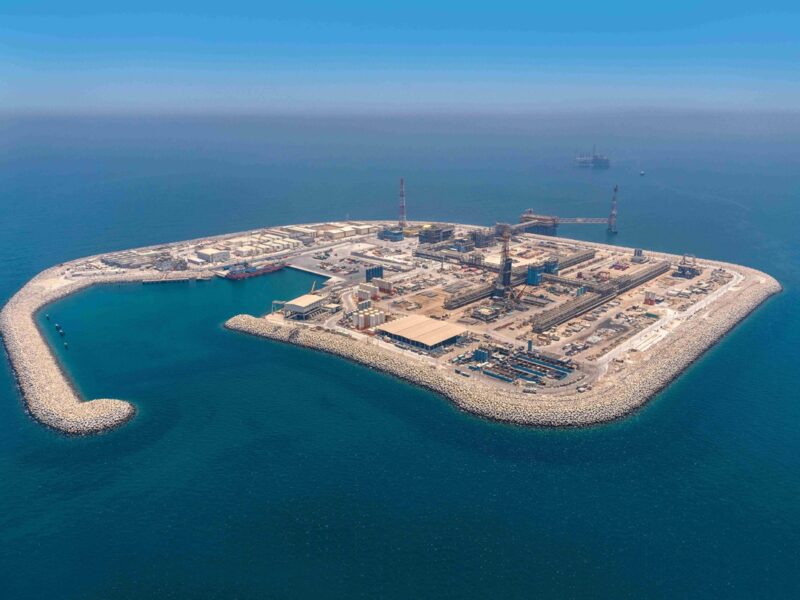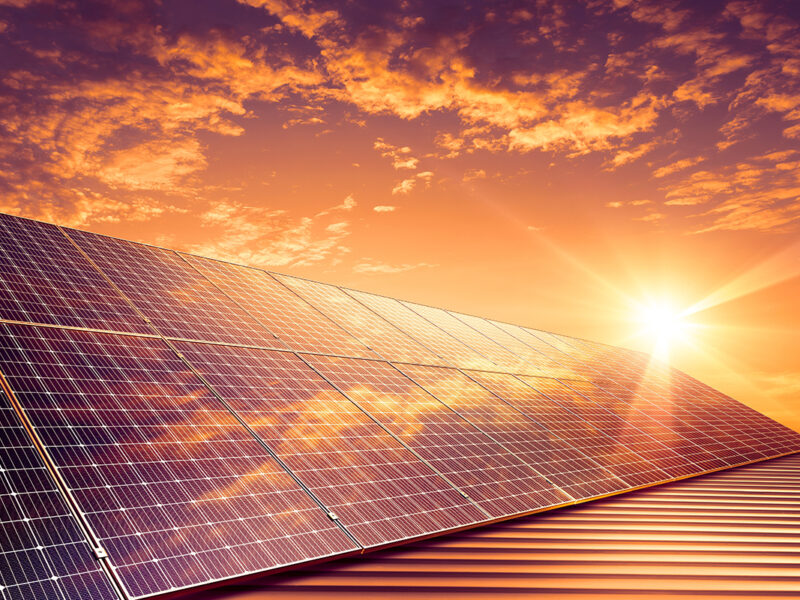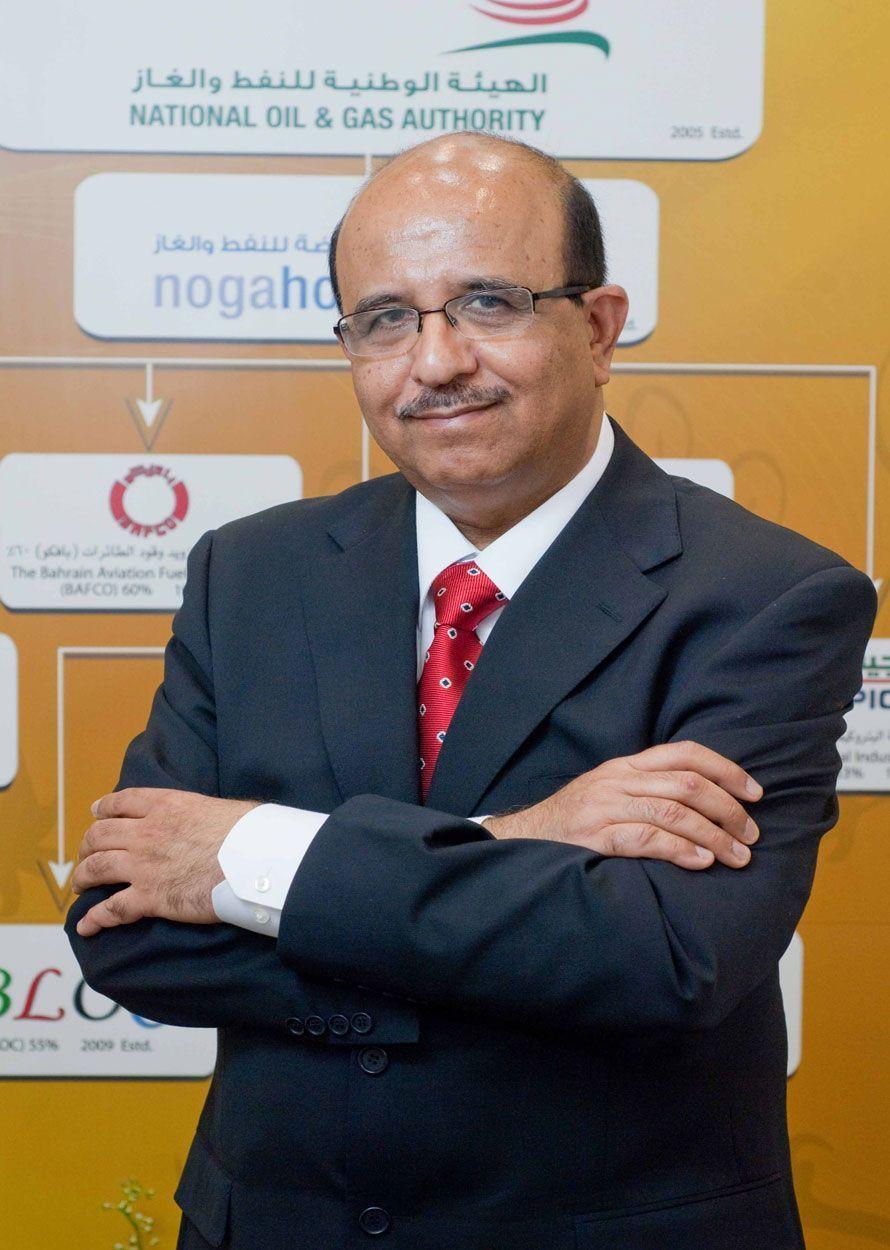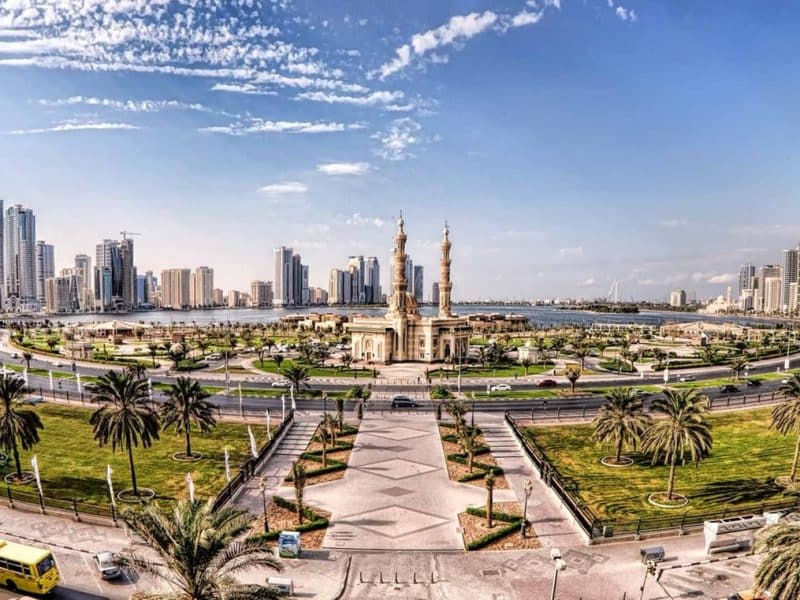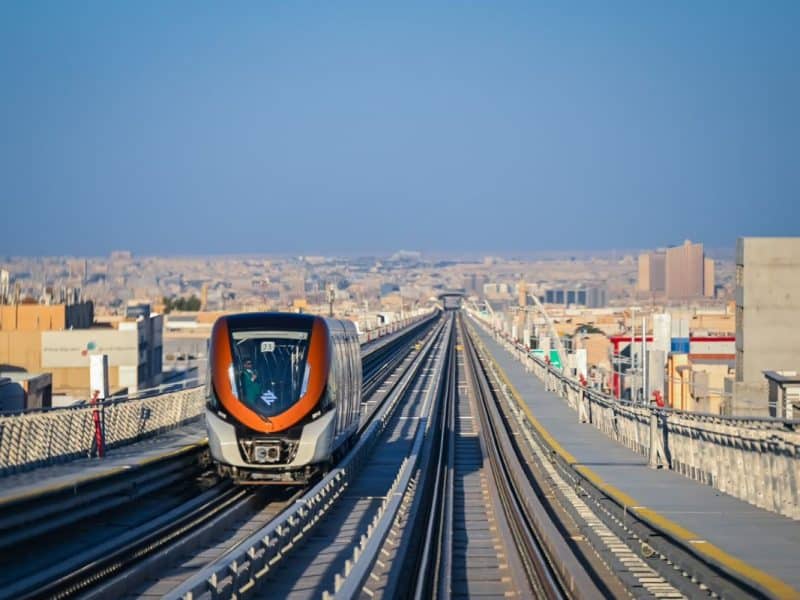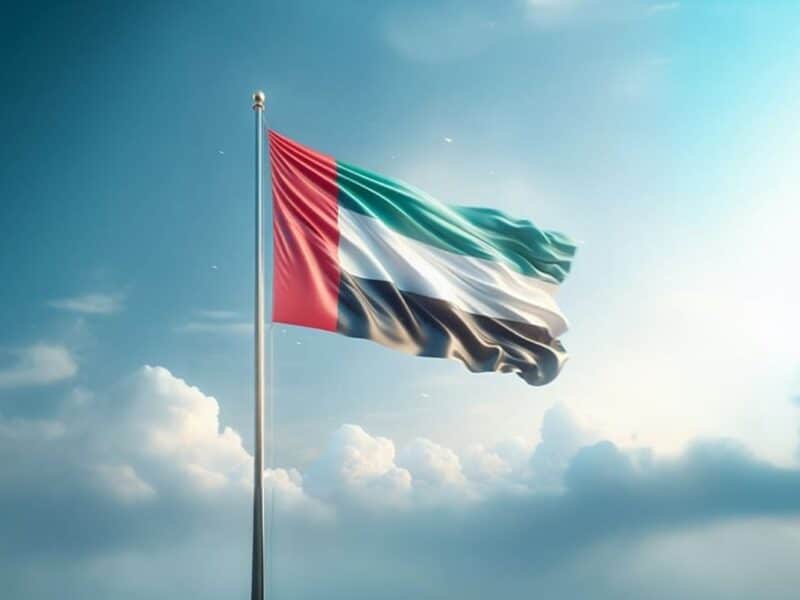Faisal Al-Mahroos, chief executive officer of the Bahrain
Petroleum Company (Bapco) talks about a $5bn investment plan for the refinery
sector.
While neighbouring GCC countries like Saudi Arabia, Qatar,
Kuwait and UAE are enjoying
an abundance of proven oil and gas reserves, the Kingdom
of Bahrain is relying on imports from Saudi Arabia,
and struggles to increase the output of its aging oil fields.
This has forced Bahrain to look at different
options to meet the increasing domestic demand for petroleum derivative
products and to keep its refineries operational as it exports its products into
the international market.
All of the above activities are the responsibility of the
Bahrain Petroleum Company (Bapco).
Refining and Petrochemicals Middle East met Faisal
Al-Mahroos, chief executive officer of the Bahrain Petroleum Company (Bapco),
and discussed the issues relating to the operation of his company.
Bapco is in charge of the upstream and the downstream
activities in Bahrain, and
it exports around 85% of the output of the ancient Sitra refinery, built in
1936 and located south of Manama.
Bahrain’s only refinery, it
processes crude oil from the Awali field and Saudi Arabia’s Abu Saafa offshore
field.
To ensure the steady flow of crude oil and feedstock for its
refinery, Bapco launched projects to enhance output from its upstream fields.
“We initiated a large gas injection project during the early stage of the Bahrain field
development to maintain the pressure in the main Mauddud Cretaceous reservoir.
We also implemented an enhanced gas recovery project to maximise the recovery
of rich Arab gas by displacing it with the lean Khuff gas,” says the CEO. “We
also conducted many pilot enhanced oil recovery projects like the application
of down-hole heaters, surfactant flooding and water flooding.”
The company is also joining forces with Nogaholding,
Occidental Petroleum and Mubadala (Tatweer Petroleum) to increase the number of
EOR projects in the Kingdom. “This includes a thermal recovery processes for
both heavy and light oil reservoirs, water flooding and light oil steam flooding,”
says the CEO.
In addition to boosting the capacity of its oil fields,
Bapco intends to increase crude imports from Saudi Arabia to around 350,000bpd
from current 230,000bpd, but it doesn’t plan to set up new terminal to store
the extra crude. “We do not anticipate the need to build additional tankage to
the one we already have in service. The
incremental crude run will be catered through the current system,” he explains.
To execute these projects, Bapco launched a multibillion
dollar investment plan for the next five years. “Our strategic investment over
the next five years will be approximately $5 billion, depending on economic
circumstances,” says Al-Mahroos.
Due to the importance of the refining sector in Bahrain and the
increase of local demand on refined products, the government have also created
a refining master plan. “As part of the refinery master plan, we envisage
increasing the crude capacity of the refinery from the current capacity of
267,000bpd to somewhere between 350,000 to 500,000bpd depending on final
economics,” he says.
“The feasibility study for the project has been completed
internally last year, and since then a reputed international company is
assisting the Bapco team in formulating the preferred configuration and the
optimum size of the refinery. Different
upgrading technologies are under consideration,” says Al-Mahroos, who does not reveal the name
of assisting company.
The time frame of developing the refining master plan is not
clear yet, but Bapco is actively studying the development of the project. “The
refinery master plan is still under active study. Our methodology and process requires that each
major project undergoes thorough scrutiny to ensure that the right decision is
made at the right time,” says Al-Mahroos.
Bapco have not been idle in the past. In 2009, the company
signed a technology license with Chevron Lummus Global (CLG) for a new
hydrocracker technology. GLC is currently studying different options to enhance
the capacity of the refinery from its present 267,000 b/d.
The increase of Bapco’s crude output will give the company
the option to either expand its existing refining facilities, or to build a new
refinery. “The increased production from the Bahrain
field coupled with increased throughput capacity through the Saudi Arabia – Bahrain pipeline means that there
could be scope in building another medium sized refinery on the island,” says
Al-Mahroos. “It is conceivable that this refinery could be a joint venture
between the private sector or other entities such as IOCs. This idea is under consideration, but the
long term plans are usually influenced by many factors affecting the industry
and are thus decisions will be made at a much later.”
“But we do not see urgency to expand our refinery. Our decision to go ahead with establishing a
new project will be based on an assessment of the market. We want to enter it
at a time when the refining cycle is on an upswing,” he affirms.
Meeting specifications
Though the company does not want to rush into establishing a
new refinery, Bapco is taking measures to improve product quality, in an effort
to meet the stringent international requirements. Bapco owns one of the few GCC refineries with
the capability to export large quantities of ultra-low sulphur diesel. “With the
commissioning of our ULSD project late in 2008, the Bapco refinery became
capable of producing the most stringent diesel qualities in the world. Our first shipment of 10 ppm diesel left the
refinery destined for the Singapore
market. We also had interest from Europe
and Japan,”
says Al-Mahroos.
The company has also inaugurated a major environmental
compliance project at the Bapco refinery, the Refinery Gas Pesulphurisation
Plant (RGDP). “The US$151 million RGDP project is one of the most important and
complex environmental projects ever undertaken by Bapco, and is part of a 10
year environmental compliance programme developed by the company in 2000 in
collaboration with Bahrain’s general directorate of environment and wildlife
protection,” says the CEO.
The RGDP will reduce hydrogen sulphide in fuel gas to less
than 150 parts per million (ppm), significantly less than the Government’s
environmental regulation limit of 600 ppm.
Meanwhile, the company is still working on meeting stringent
gasoline requirements. “Our gasoline situation is somewhat different. The refinery master plan is also addressing
the issue of gasoline quality, to enable Bapco to manufacture the product when
it is required in the market.”
Bapco ships product to different clients around the world,
but most of the customers are located in the Middle East and Africa.
“With our capability to produce products of the highest
required quality, our reach will extend into the European and perhaps even the
North American markets,” predicts Al-Mahroos.
“With China and India becoming
the engines for petroleum product demand, it is natural that we may
participate in those markets as well, if we can supply them in a competitive
and economic fashion.”
Similar to other national oil companies, Bapco faces a range
of challenges, says the CEO. “Bapco’s challenges can be summarised into the
following broad categories including challenged profitability, environmental
pressures, shortage of skilled resources as well as a reduced financial
resources for investment.” Al-Mahroos believes his biggest challange is to
fully translate Bapco’s desire for excellence into reality, something he cannot
achieve on his own. “This statement
covers all the stakeholders in our business, our shareholder, our business
partners and our communities,” he concludes.

